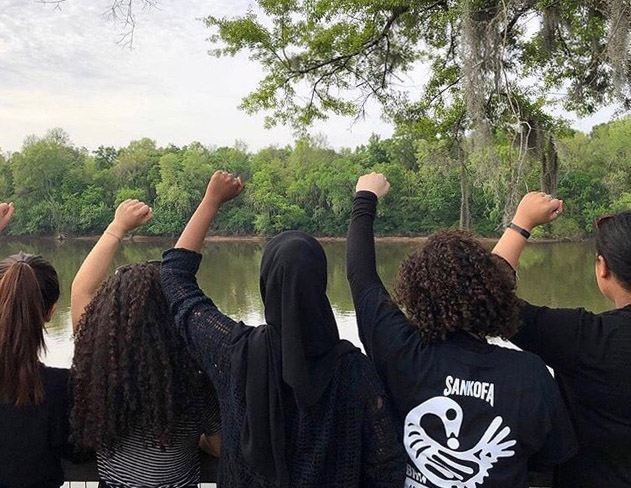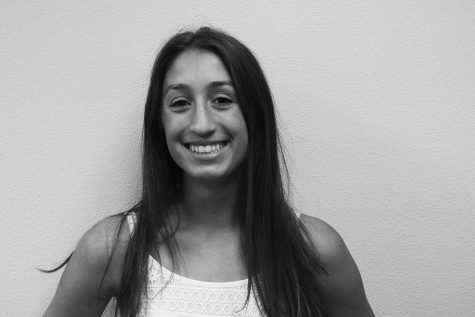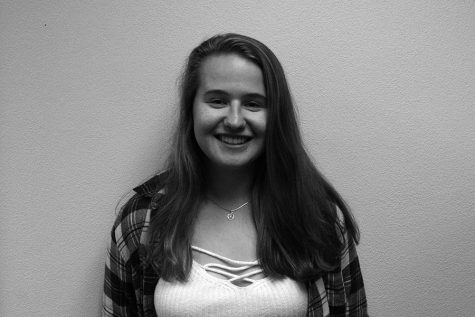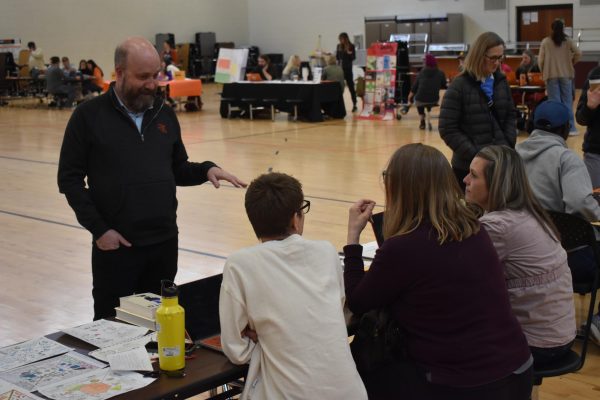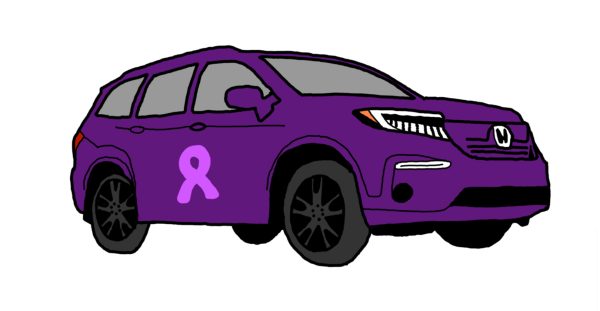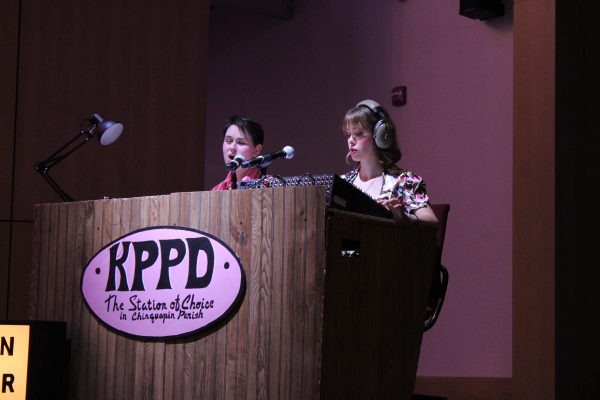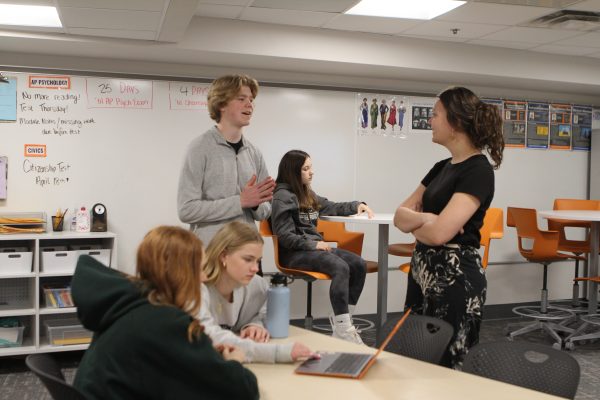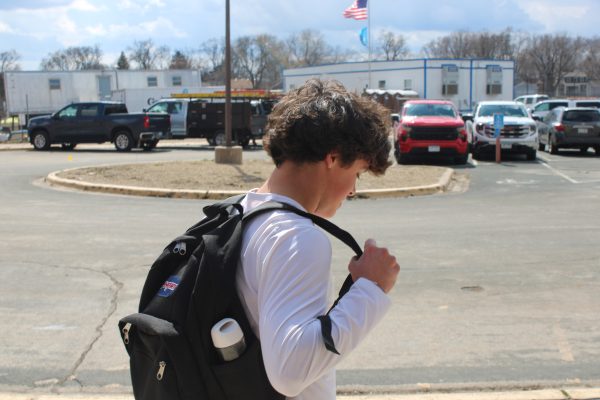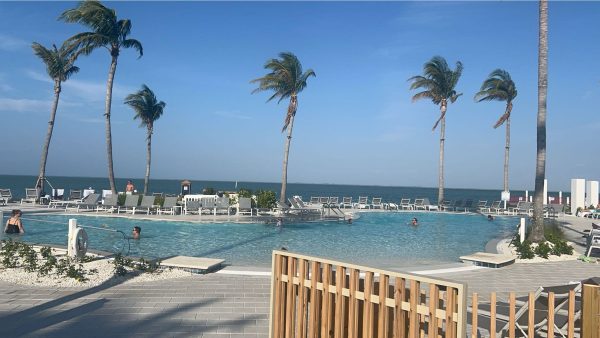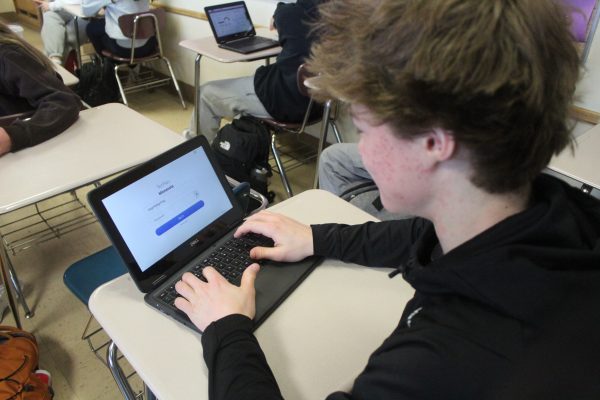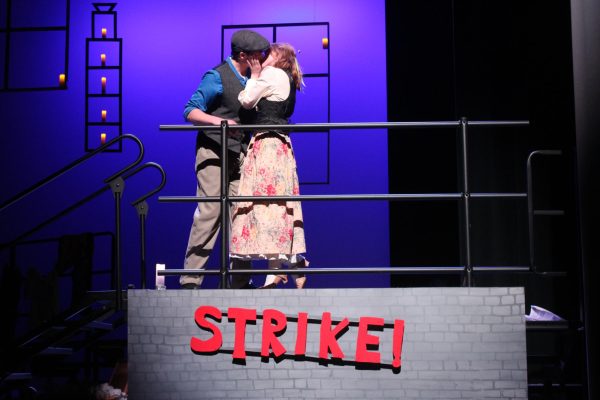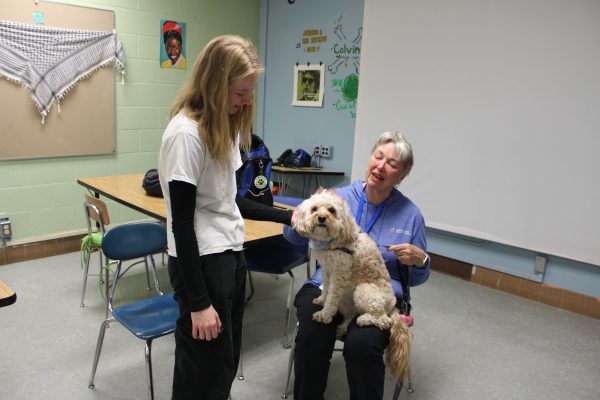WMEP provides civil rights research trip
Selected students travel to historic southern cities
Used with permission from Olivia Massie
Students raise their fists on the Edmund Petus Bridge in Selma, Alabama. Park students traveled to Alabama and Tennessee for a Civil Rights Research Experience (CRRE) April 4 to 7.
April 25, 2018
Walking across the Edmund Pettus Bridge in Selma, Alabama on a trip ran through the West Metro Education Program (WMEP), sophomore Amaya Fokuo said she felt an emotional connection to the marchers harmed in the “Bloody Sunday” events of 1965.
“I feel like that was a really powerful experience for us and feeling the energy from our ancestors and past lives that worked so hard to create a better environment from our generation,” Fukuo said.
According to Matthew Horel, a racial equity instructional coach at Park, a selected group of Park students participated in a Civil Rights Research Experience (CRRE) through WMEP, an educational equity organization that works with schools throughout Minnesota.
“(WMEP) partners with districts from all over the Twin Cities, so we are a part of WMEP,” Horel said. “(For) part of their student programing they provide the Civil Rights Research Experience and so each district can bring six kids on this experiment.”
Horel said this year the CRRE took students to Memphis, Tennessee, Selma, Alabama, Birmingham, Alabama, Montgomery, Alabama and Tuskegee, Alabama April 4 to 7.
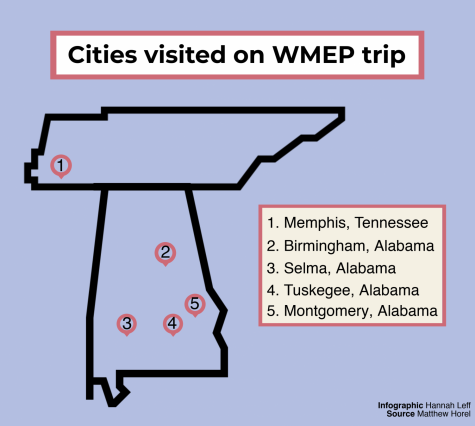
According to junior Krishana Spencer, she learned about the CRRE from a poster in the learning lab. Spencer said she then underwent a selection process and was one of the six students chosen.
“I filled out the application, I had to write an essay and get two recommendations and then after that they interview,” Spencer said.
According to Horel, the group first travelled to Memphis and participated in festivities for the 50th anniversary of Dr. Martin Luther King’s assassination.
“We were there for the 50th anniversary of Dr. Martin Luther King’s assassination. Doctor King was assassinated in Memphis at the Lorraine Motel,” Horel said. “(There were) a lot of festivities going on. It’s also a museum — a national civil rights museum. So we went there and they had tons of speakers.”
Spencer said she enjoyed the group’s visit to Selma because the city’s authentic buildings allowed her to better picture the historic civil rights events occuring in the ’60s.
“The whole trip in Selma (was a highlight). It looks so original and authentic and it does not look modern. They didn’t tear all of the buildings down, and it looks the same like it was part of the ‘60s so it was easier to imagine how it looked back then,” Spencer said. “One of the tour guides had participated in “Bloody Sunday” and she showed us one of the places Martin Luther King was staying at for the march, and it still looks the same.”
Horel said the CRRE aims to provide students with information often omitted from Western textbooks.
“There’s always a lot of information that’s left out and it usually tends to be one-sided,” Horel said. “So to provide where kids can actually unpack a lot of history that’s not necessarily in their textbooks but also to go to some of the places that is in their textbooks.”
Spencer said she credits the trip for helping her incorporate new information into her racial identity and discover more about herself.
“Some of the personals goals were trying to figure out the things I learned, how to incorporate them to myself and how can know more about my ancestors so I can know more about myself and more about my identity and everything,” Spencer said. “I feel like I accomplished this because of all the events that we did.”



